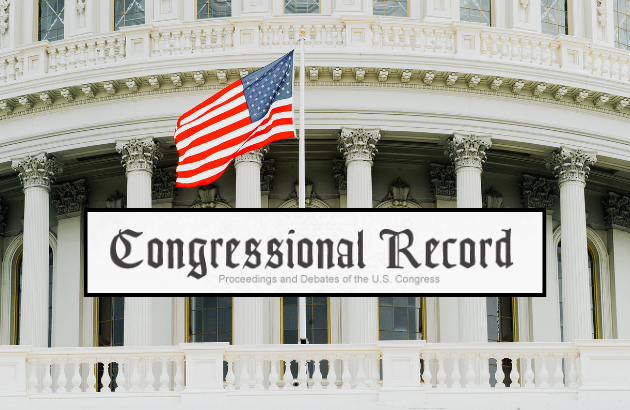Blog
America Votes! Challenges to Modern Election Law and Voting Rights
With primary season kicking off in Iowa last week, we thought it would be timely to highlight one of our newly acquired books at Jenkins, entitled America Votes! Challenges to Modern Election Law and Voting Rights, Fourth Edition, edited by Benjamin E. Griffith and John Hardin Young.
America Votes!, part of a series published by the American Bar Association (ABA) since 2008, explores “issues of concern and problems that threaten the security and fairness of the American electoral system” (p. xxxv). The fourth edition’s 21 chapters are authored by a diverse group of distinguished experts who offer a “balanced perspective” (p. xxxi), including attorneys, scholars, nonprofit leaders, political media strategists, cybersecurity professionals, mathematicians, and even staff from the Federal Election Commission (FEC). The book was peer reviewed by eight equally impressive authorities on election, privacy, and/or security law. Divided into five parts, the fourth edition “addresses both new and recurring issues about elections in America” (p.xxxv).
The first part, Voter Qualification and Participation, examines voting issues impacting poor Floridians with a past felony conviction, Millennials, language minority voters, and Native Americans, among others. Other chapters in this section address the recent attempt to add a citizenship question to the 2020 Census and Georgia’s experience with strict construction of voter registration laws in 2018.
The Voting Process is covered in part two, including chapters that discuss early voting, voter ID laws, voter fraud claims, cybersecurity threats, and Maine’s experience with ranked-choice voting, for example.
Chapters in part three, Voting Rights Litigation, address topics such as the digital revolution, the criminal investigations into the 2016 presidential election, and cases like Shelby v. Holder, as well as their impacts on voting, both today and in the future.
Part four covers Redistricting, with two chapters that analyze gerrymandering from a litigation perspective and from a mathematical angle, respectively.
The fifth and final part of the book is Audits and Recounts, which includes a chapter that describes and compares various auditing methods and another that examines the lasting effects of Bush v. Gore.
In addition to the Table of Contents, the book includes a Table of Cases and an Index.
The fourth edition of America Votes! is both “very sober reading” and “... a necessary and outstanding source of information and insight, presented by a brilliant group of experts in their fields,” (p. xxxvi) according to Myles V. Lynk, the Peter Kiewit Foundation Professor of Law and the Legal Profession at the Sandra Day O’Connor College of Law at Arizona State University.




